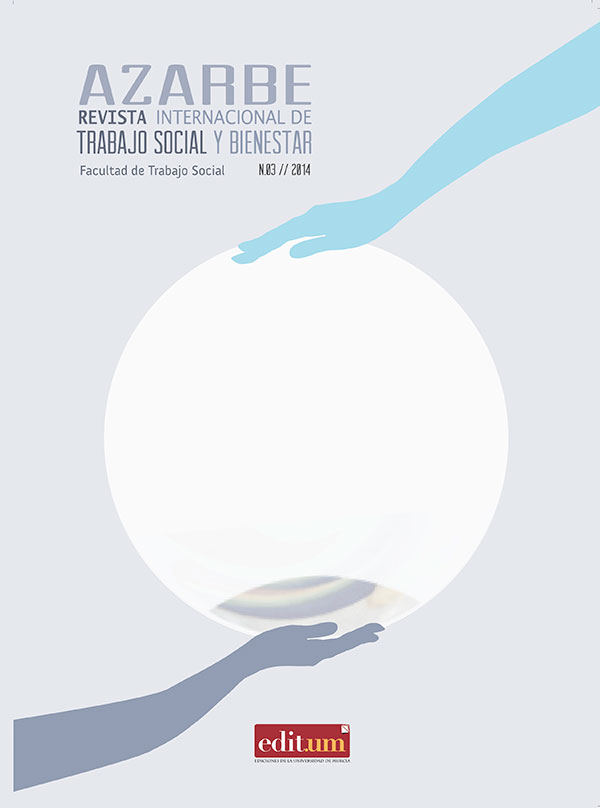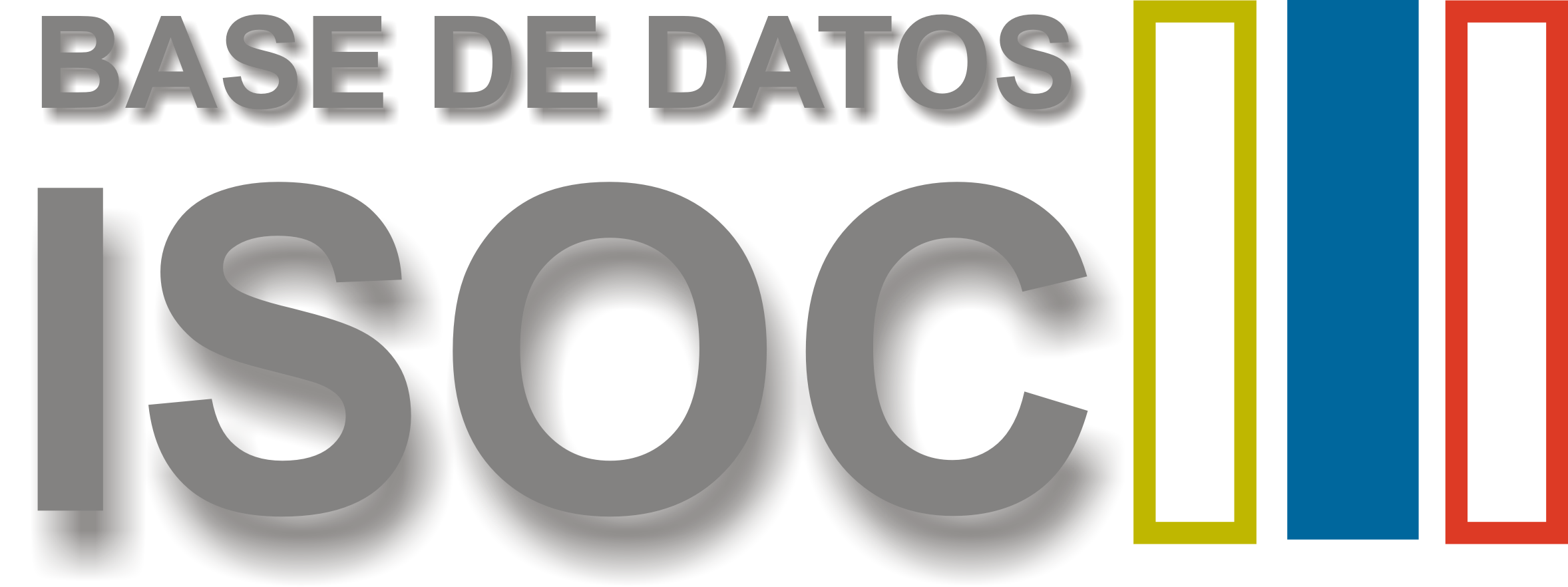The responsibility of Social Work atthedetermination of the most vulnerable groups
Abstract
A qualitative study of social work in hospitals area is presented. Forty five interviews weremade to social workers from nine hospitals in Catalonia, who are working with children, older people and their families in vulnerable situation. The main purpose was identifying how professionals perceive their own actions, relating to information, decision making and self-determination of patients and their families. It was considered important to focus research on these groups considered most vulnerable in relation to their right to self-determination and autonomy in decision making. In childhood by parental consent, in older people because the decisions about their health might involve conflict between them and their families and between own relatives. These situations involving ethical dilemmas in decision-making and cause suffering in families and in children and older, whom social workers should be able to inform, advice, assist and offer support. The results show that the notion of self-determination isinherent in the discipline to social work, which is respected and promoted in current practice. The patient will is preserved through comprehensive information, providing understandable language, which allows making a decision. The research highlights that social workers are prepared to intervene about self-determination of patients and families. These interventions intended to inform on rights, guidance, help, and enabling make decisions.Downloads
-
Abstract2147
-
PDF (Español (España))3307
Las obras que se publican en esta revista están sujetas a los siguientes términos:
1. El Servicio de Publicaciones de la Universidad de Murcia (la editorial) conserva los derechos patrimoniales (copyright) de las obras publicadas, y favorece y permite la reutilización de las mismas bajo la licencia de uso indicada en el punto 2.
2. Las obras se publican en la edición electrónica de la revista bajo una licencia Creative Commons Reconocimiento-NoComercial-SinObraDerivada 3.0 España (texto legal). Se pueden copiar, usar, difundir, transmitir y exponer públicamente, siempre que: i) se cite la autoría y la fuente original de su publicación (revista, editorial y URL de la obra); ii) no se usen para fines comerciales; iii) se mencione la existencia y especificaciones de esta licencia de uso.
3. Condiciones de auto-archivo. Se permite y se anima a los autores a difundir electrónicamente las versiones pre-print (versión antes de ser evaluada) y/o post-print (versión evaluada y aceptada para su publicación) de sus obras antes de su publicación, ya que favorece su circulación y difusión más temprana y con ello un posible aumento en su citación y alcance entre la comunidad académica. Color RoMEO: verde.














